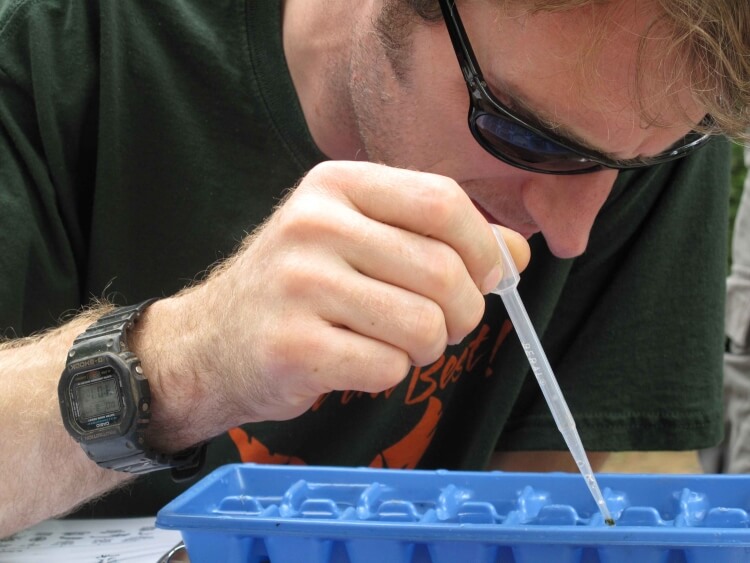2h
General PAF(Platelet Activating Factor) ELISA Kit
General PAF(Platelet Activating Factor) ELISA Kit
3000pg/mL
14.4pg/mL
37.0-3000pg/mL
Competitive Inhibition
PAF-Acether; AGEPC; Acetyl-Glyceryl-Ether-Phosphorylcholine
Metabolic pathway;Infection immunity;Cardiovascular biology;
ELISA Enzyme-linked immunosorbent assays Code 90320007 SNOMED
E05 478 566 350 170 or Enzyme-Linked Immunosorbent Assays,E05 478 566 350 170 or Enzyme-Linked Immunosorbent Assays
Aplha, transcription related growth factors and stimulating factors or repressing nuclear factors are complex subunits of proteins involved in cell differentiation. Complex subunit associated factors are involved in hybridoma growth, Eosinohils, eritroid proliferation and derived from promotor binding stimulating subunits on the DNA binding complex. NFKB 105 subunit for example is a polypetide gene enhancer of genes in B cells.Platelets, also called thrombocytes or cloth cells in blood and are needed to stop bleeding by clumping and clotting the blood the vessels when the an injury occurs. Teh bone marrow will produce the platelets that have no nucleus. Platelates are unique to mammals, the are curved shaped 1900nm to 3100 nm large nucleus free clothing structures.
This assay employs the competitive inhibition enzyme immunoassay technique. A monoclonal antibody specific to Platelet Activating Factor (PAF) has been pre-coated onto a microplate. A competitive inhibition reaction is launched between biotin labeled Platelet Activating Factor (PAF) and unlabeled Platelet Activating Factor (PAF) (Standards or samples) with the pre-coated antibody specific to Platelet Activating Factor (PAF). After incubation the unbound conjugate is washed off. Next, avidin conjugated to Horseradish Peroxidase (HRP) is added to each microplate well and incubated. The amount of bound HRP conjugate is reverse proportional to the concentration of Platelet Activating Factor (PAF) in the sample. After addition of the substrate solution, the intensity of color developed is reverse proportional to the concentration of Platelet Activating Factor (PAF) in the sample.
